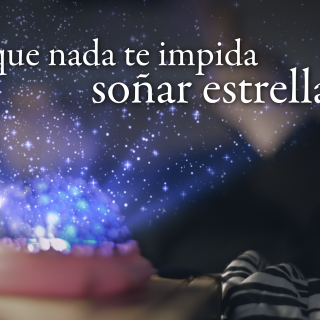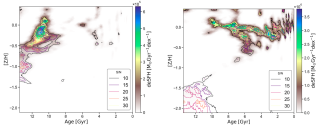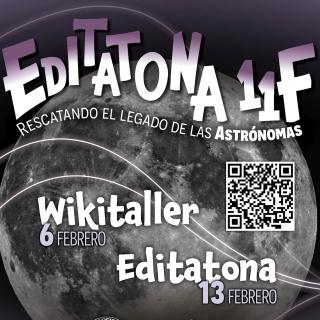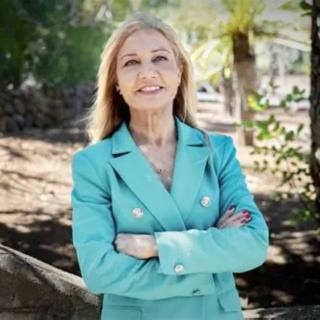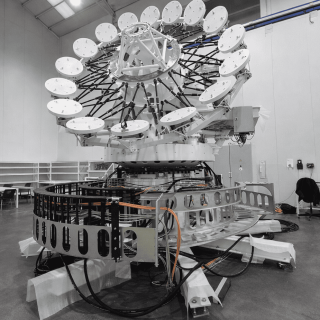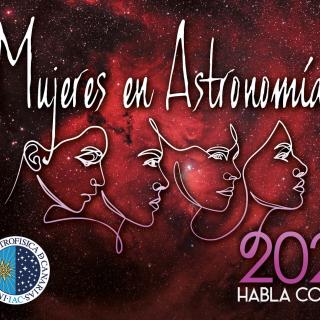
El Instituto de Astrofísica de Canarias (IAC) celebra en 2026 la octava edición consecutiva del proyecto Habla con Ellas: Mujeres en Astronomía, una iniciativa de divulgación científica y educación en astronomía que se desarrolla en el marco del Día Internacional de la Mujer y la Niña en la Ciencia (11 de febrero). Dirigido a la comunidad educativa, el proyecto tiene como objetivo visibilizar el papel de las mujeres en la astronomía y la astrofísica, crear referentes femeninos en ciencia y tecnología e inspirar vocaciones científicas, especialmente entre niñas y jóvenes interesadas en las
Advertised on
